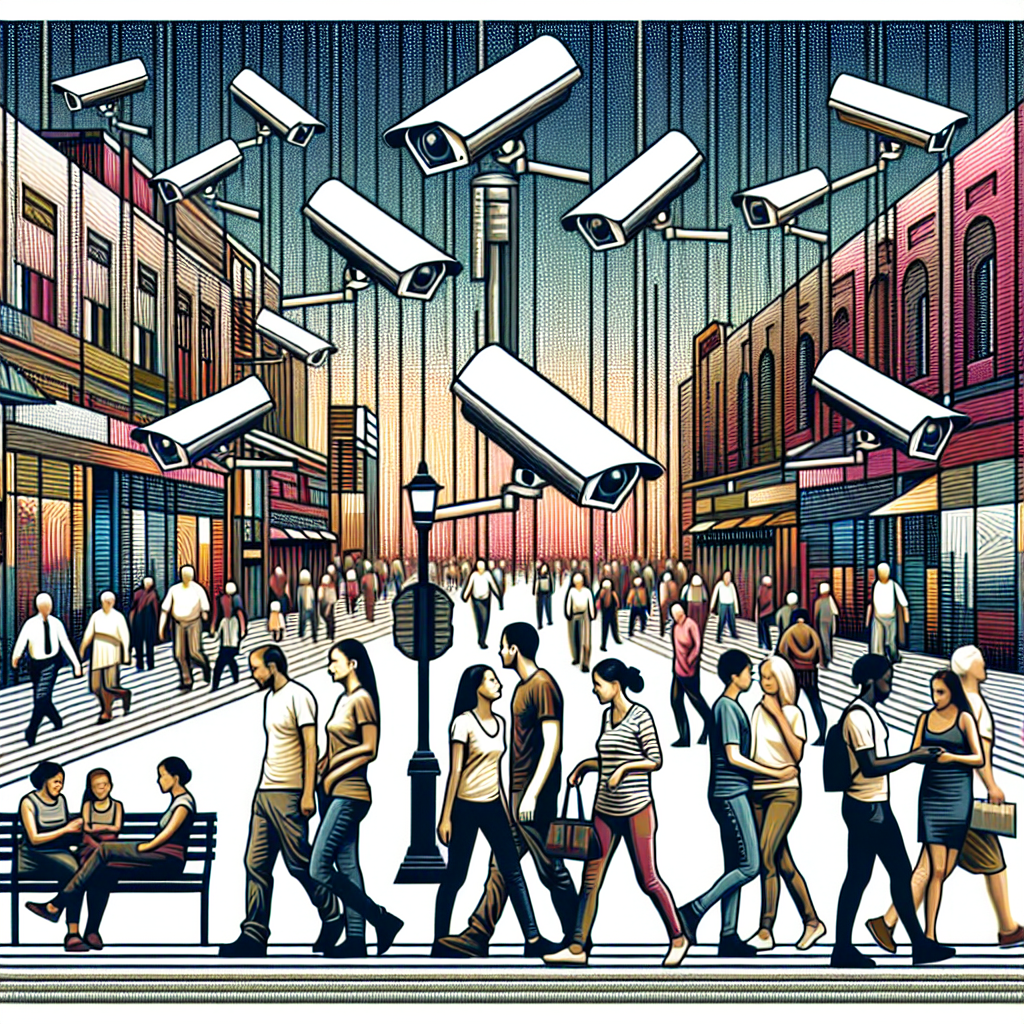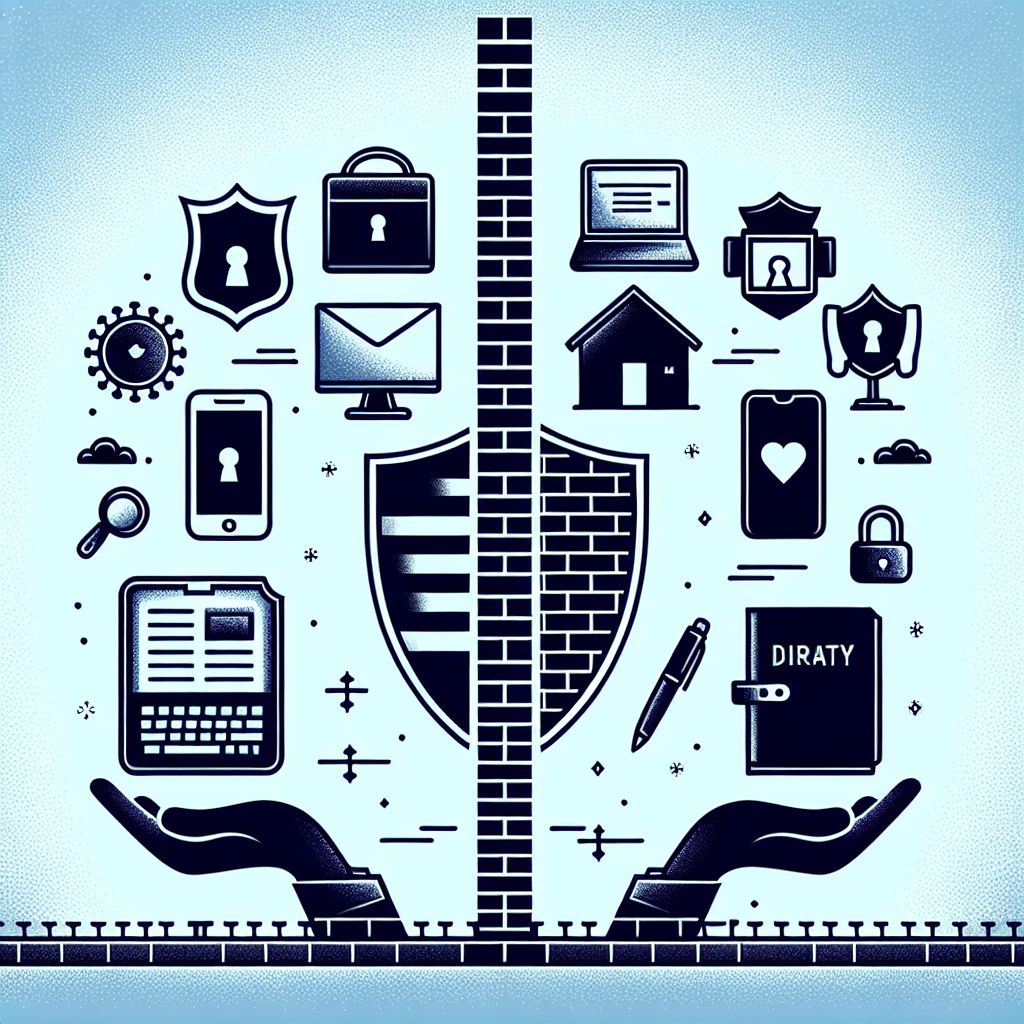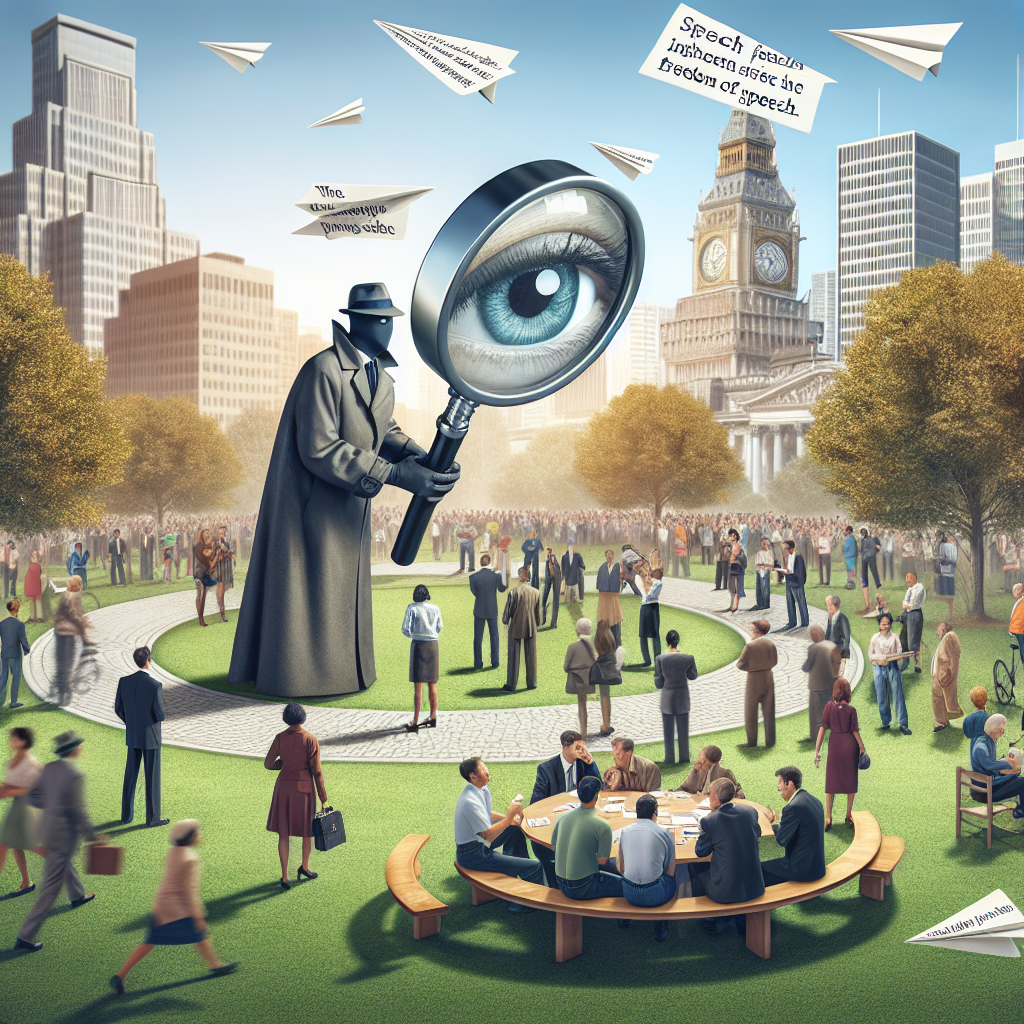Debating the Necessity of Government Surveillance in Modern Society
Understanding Government Surveillance
Government surveillance refers to the monitoring and collection of data pertaining to individuals, often conducted by various state authorities to maintain security and order. In recent years, the expansion of technology has transformed how surveillance is implemented, leading to sophisticated systems capable of monitoring communications, movements, and activities of citizens. In modern society, the debate surrounding government surveillance often revolves around the tradeoff between national security and individual privacy.
The Rise of Surveillance Technology
Advancements in technology have equipped governments with powerful tools for surveillance. From closed-circuit television (CCTV) to facial recognition systems and digital data mining, the spectrum of surveillance capabilities has evolved dramatically. High-frequency data collection methods, enabled by smartphones and internet usage, allow governments to gather vast amounts of information on citizens, raising ethical concerns regarding their use and implications for privacy rights.
The National Security Argument
Proponents of government surveillance argue that it is inherent to national security. Post-9/11, numerous policies were enacted to enhance government oversight and surveillance capabilities to prevent terrorist activities. Supporters contend that surveillance is crucial in monitoring potential threats, tracking criminal activities, and protecting citizens from harm. Programs like the NSA’s PRISM have been justified as essential tools in combating terrorism, suggesting that limiting surveillance could increase vulnerabilities and create opportunities for nefarious activities.
Preventing Crime and Terrorism
Numerous studies indicate that surveillance can deter crime. The presence of security cameras in public spaces can decrease petty crimes and create a sense of safety among citizens. In urban areas, surveillance plays an instrumental role in monitoring crowd control and emergency response. For law enforcement agencies, data collected through surveillance technologies can be pivotal in solving crimes and apprehending suspects, ultimately fostering a sense of public safety and security.
The Economic Argument
From an economic standpoint, governments argue that investing in surveillance technologies can lead to long-term savings. By preventing crime and maintaining public order, governments can avoid the high costs associated with crime, such as emergency services, repair costs, and legal proceedings. Enhanced surveillance can streamline law enforcement processes, making it easier to allocate resources effectively and improve operational efficiency within public service departments.
The Privacy Rights Counterargument
Opponents of government surveillance raise significant concerns regarding individual privacy rights. The Fourth Amendment of the United States Constitution protects citizens against unreasonable searches and seizures, implying that mass surveillance infringes upon personal privacy. Critics argue that such surveillance is a violation of civil liberties, creating a culture of mistrust among citizens regarding government intentions.
Chilling Effects on Free Expression
Government surveillance can also result in a chilling effect on free expression. When individuals know they are being monitored, they may alter their behavior, limiting their willingness to express dissenting opinions or engage in political activism. Such constraints can undermine democracy, as citizens may avoid public discourse out of fear of retribution. Scholars argue that an informed citizenry is essential for a functioning democracy, and surveillance threatens the openness necessary for a vibrant political climate.
The Slippery Slope to Authoritarianism
The expansion of surveillance capabilities raises concerns about the potential descent into authoritarianism. History has shown that governments can misuse surveillance for political gain or oppression. As societies become increasingly habituated to surveillance, the boundary between necessary monitoring and intrusive, unwarranted scrutiny blurs. Once institutions of power acquire extensive surveillance tools, they may exploit these technologies to suppress dissent, target marginalized communities, and curtail freedoms, leading to societal risks far beyond national security concerns.
Technological Vulnerabilities and Misuse
As governments increasingly rely on technological advancements for surveillance, inherent vulnerabilities may surface. Data breaches and cyberattacks can expose sensitive information collected through surveillance. Furthermore, radical misuse of surveillance data can occur, as evidenced by whistleblower revelations of how intelligence agencies stretched legal boundaries. Examples from various nations highlight that data collected ostensibly for security purposes can be misappropriated by agencies, leading to significant implications for civil liberties.
The Role of Oversight and Transparency
Many advocates of government accountability argue for the establishment of rigorous oversight mechanisms to regulate surveillance practices. Ensuring transparency can strengthen public trust and demonstrate that surveillance is aimed solely at improving safety without encroaching on personal freedoms. Independent oversight committees can evaluate surveillance activities, assess their impact on civil rights, and mandate restrictions to prevent abuse. Implementing strict regulations around data usage, retention, and sharing can create safeguards against misuse, fostering a balance between security and privacy.
Global Perspectives on Government Surveillance
Different nations exhibit varying approaches to government surveillance. Countries such as China have adopted pervasive surveillance methods, using technologies like facial recognition and social credit systems to monitor citizens and control dissent. Conversely, nations in the European Union emphasize strict regulations such as the General Data Protection Regulation (GDPR), which significantly limits how personal data is collected and utilized. These disparities raise crucial questions about cultural attitudes toward privacy and security, with implications for how societies navigating modern challenges can find equilibrium.
The Future of Surveillance and Society
As society continues to grapple with the presence of surveillance technologies, the discussion surrounding their necessity will persist. The challenge lies in finding a balanced framework that prioritizes security while respecting privacy rights. Innovations in technology may amplify surveillance capabilities, but ethical considerations and public opinion will dictate the extent to which governments deploy these measures. Engaging in constructive dialogues about surveillance can equip citizens to navigate the complexities of modern society while holding institutions accountable.
Conclusion: Navigating Politics and Society
Engaging in the discourse on government surveillance is vital for modern societies. Understanding the necessity of government surveillance involves navigating a complex landscape of security needs, technological advancements, and ethical considerations of personal freedoms. The challenge for policymakers will be to develop measures that ensure public safety without compromising the nature of democracy, leaving citizens free to express themselves and engage openly in the civic discourse. The future of government surveillance will depend not only on technological advancements but also on society’s collective commitment to safeguarding both security and individual rights.













Leave a Reply